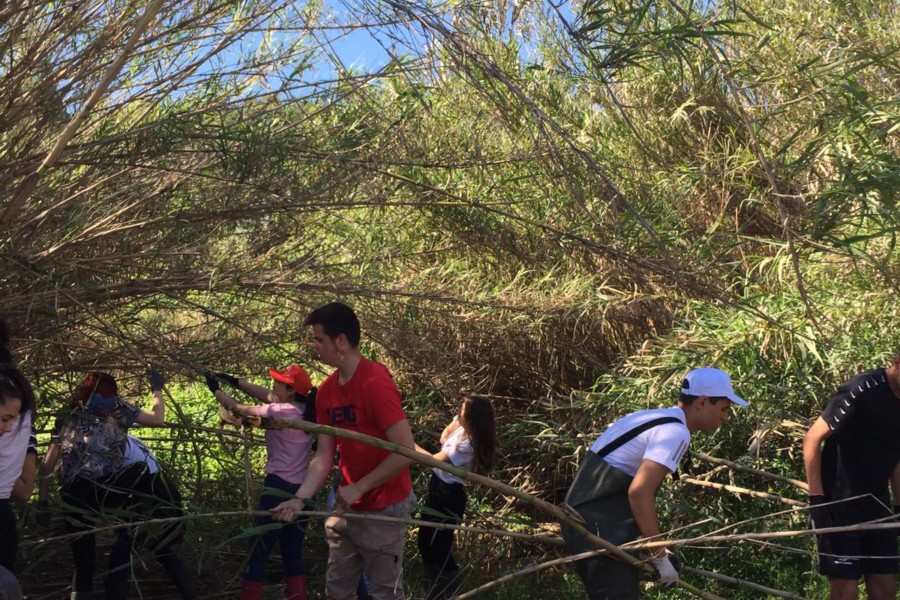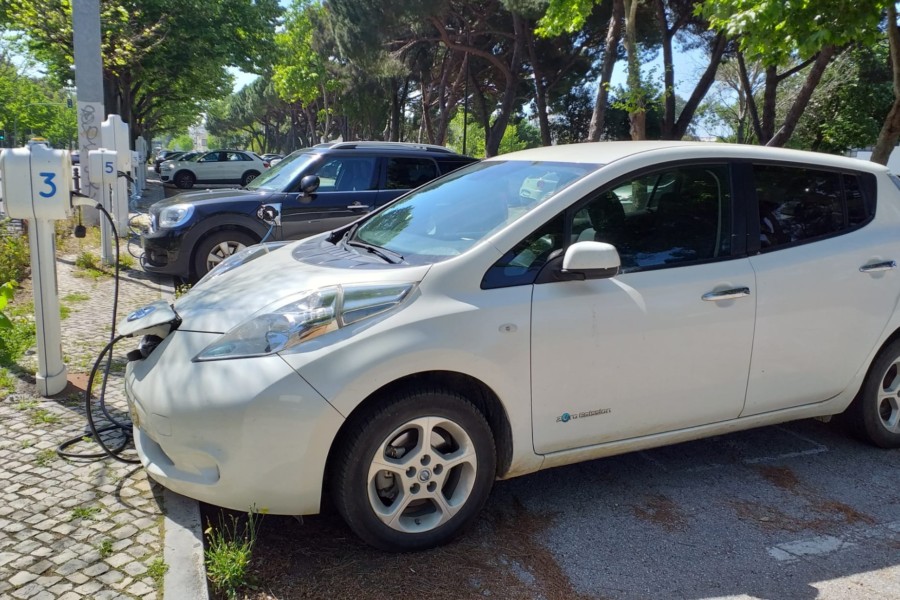Pequena reflexão sobre a evolução da sustentabilidade ambiental em Portugal e na cidade do Porto
Portugal tem vindo a evoluir de ano para ano, tal como a cidade do Porto, no que toca à proteção do ambiente e à utilização de energias renováveis, tendo já conseguido resultados fenomenais. No âmbito destes resultados está incluído um período de 107 horas em que Portugal foi sustentado unicamente por fontes de energia renováveis.

Greve Estudantil pelo Clima
Greta Thunberg, ativista do clima conhecida por protestar às portas do parlamento da Suécia, como forma de divulgar as questões associadas às alterações climáticas e que ganhou projeção mundial após a sua intervenção na COP24 em Katowice (Polónia), decidiu fazer greve às aulas em nome do clima.

Vamos ajudas as nossas ribeiras!!!
Esta videocampanha pretende sensibilizar para a necessidade de preservarmos as nossas ribeiras não as poluindo, promovendo e participando em ações de limpeza das espécies invasoras.
Surge na sequência de uma saída de campo à Estação EBIO da Ribeira do Alportel, que tinha como objetivo principal verificar a qualidade da água a partir da análise dos macroinvertebrados bentónicos. Em seguida removemos a espécie invasora Arundo donax (cana comum), que põe em causa a biodiversidade da ribeira. Mais ações destas, permitem monitorizar a qualidade da ribeira e remover as espécies invasoras de forma a melhorar a assegurar uma melhor sustentabilidade da mesma.

Outra mobilidade, em nome da sustentabilidade…
Os transportes e a mobilidade dão um contributo significativo para as emissões de gases de efeito de estufa, para o fenómeno das alterações climáticas e para a qualidade do ar, com especial relevância nas cidades. A mobilidade elétrica apresenta-se como a alternativa a considerar, apresentando ainda assim algumas desvantagens que tendem a esbater-se com o desenvolvimento tecnológico. Atualmente, há já cidades (e países!) que apostam nesta “outra mobilidade” de forma a trilhar o caminho rumo à sustentabilidade.


You must be logged in to post a comment.